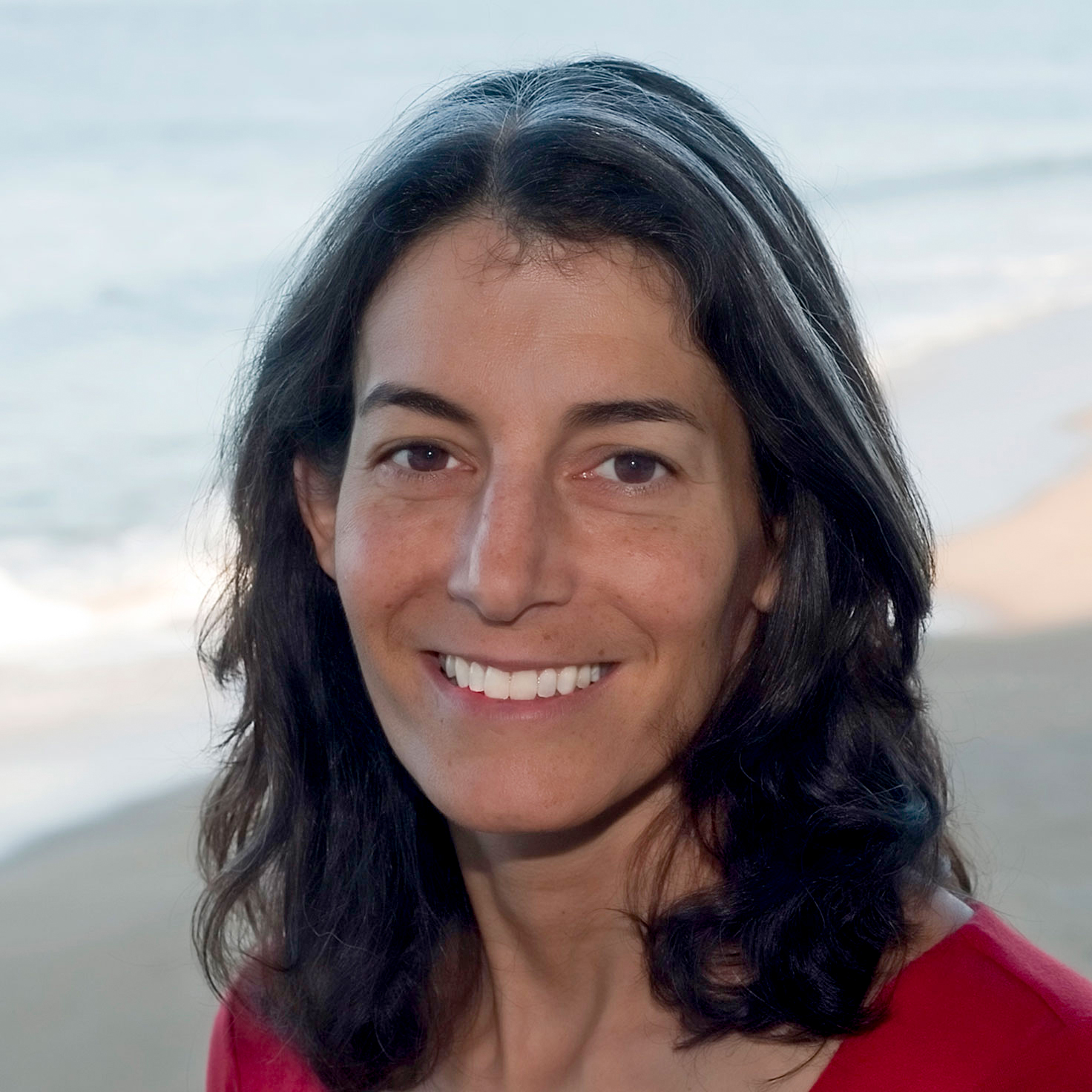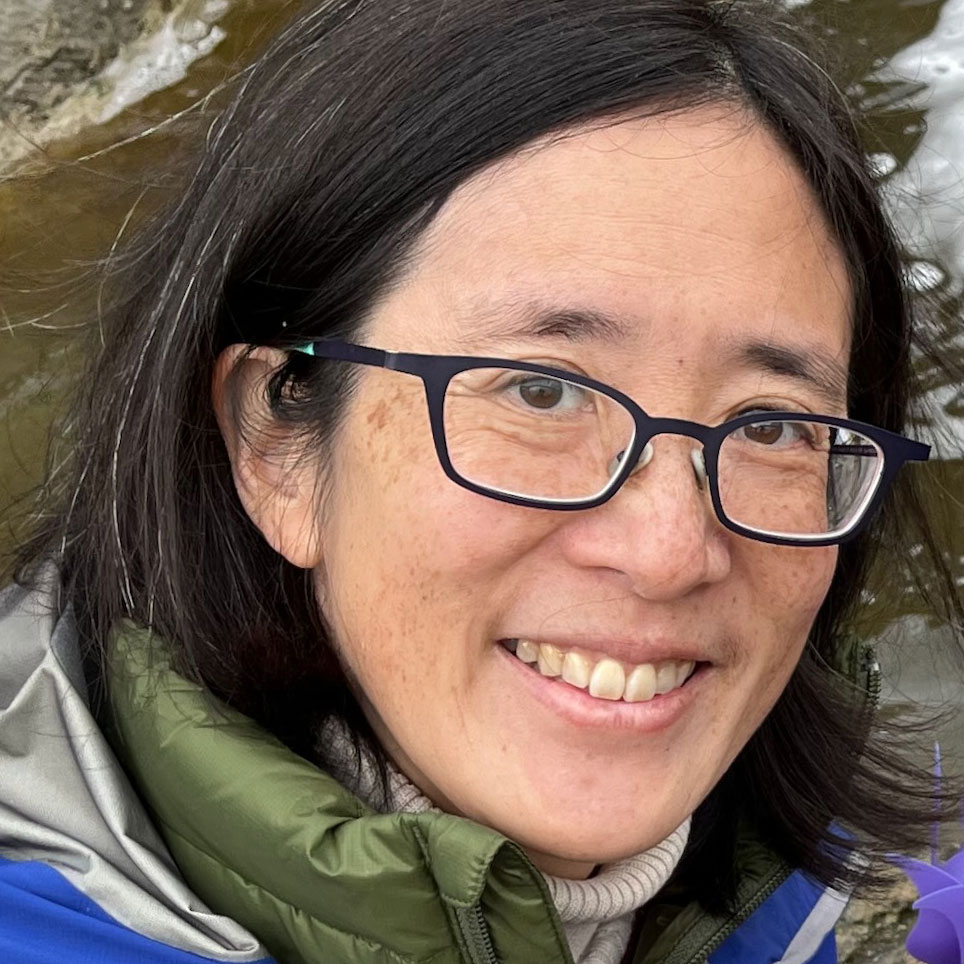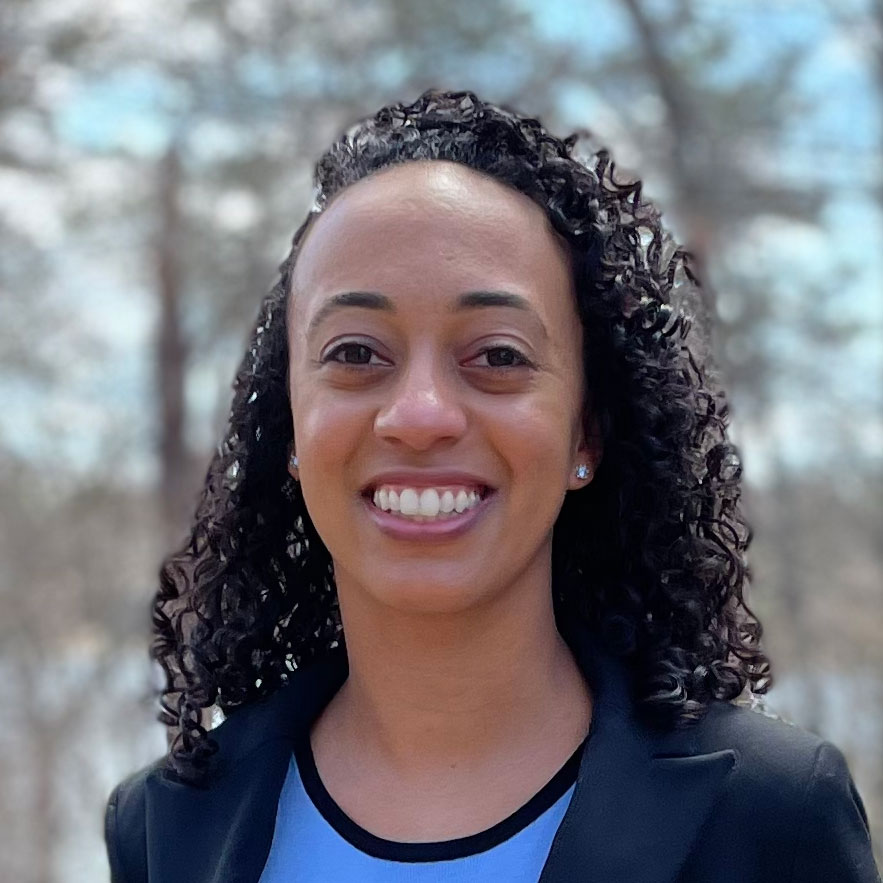TOS Council Election Results
The new Councilors listed below will begin their terms on January 1, 2026. We’d like to thank Anna Michel (Applied Technology Councilor), Jun Nishioka (Chemical Oceanography Councilor), and Sheri White (Justice, Equity, Diversity, and Inclusion Councilor) who are rotating off the Council in December for their time, dedication, and valuable contributions to TOS.
Applied Technology Councilor

Alana Sherman
Alana Sherman has been working as an Electrical Engineer at the Monterey Bay Aquarium Research Institute (MBARI) since 2003. At MBARI, she has developed and deployed a wide variety of scientific instruments and underwater vehicles. These projects address questions that span nearly all disciplines of ocean sciences. Alana has developed multiple long-term time-lapse camera systems used to study benthic ecology in deep-sea coral and the abyssal plain communities. She was involved in several projects that utilize laser systems to make unique in situ measurements. These laser-based instruments have been used for particle image velocimetry, laser Raman spectrometry, and distributed acoustic sensing. Alana has also worked on two vehicle developments while at MBARI. The Benthic Rover, a seafloor-crawling platform, was successfully deployed autonomously for up to a year at a time for nearly ten years. The MiniROV, a fly-away remotely operated vehicle (ROV), was initially designed as a flexible and easy-to-transport ROV system for use in Arctic research and on other ships of opportunity. Over time, the MiniROV has been increasingly used for developing complex instruments and control algorithms. This platform can easily transition from the lab to a test tank to a research vessel with each successive stage of development.
Alana has been a project manager, principal investigator, and/or technical lead on many of these developments. She has participated in dozens of research expeditions in the greater Monterey Bay area, off the Southern California coast, in the polar regions, and in the Sargasso Sea. In addition to her development work, Alana serves as MBARI’s Electrical Engineering Group Lead, supervising nine other engineers.
Alana is eager to share her passion for the intersection of technology and ocean sciences through the role of Applied Technology Councilor. As part of this position, Alana is particularly interested in developing strategies to engage and encourage early-career scientist and engineers.
Chemical Oceanography Councilor

Phoebe Lam
I am a Professor in the Ocean Sciences department at the University of California, Santa Cruz. I received an S.B. degree in Environmental Engineering Science from MIT in 1997, an MA in Geosciences from Princeton University in 1999, and a PhD in Earth and Planetary Science from UC Berkeley in 2005. After 18 months as a Postdoctoral Scholar in the Marine Chemistry and Geochemistry Department at the Woods Hole Oceanographic Institution, I joined the scientific staff in that department in 2007, where I stayed until moving to UC Santa Cruz in 2014.
I am a seagoing chemical oceanographer who specializes in the role that marine particles play in the biogeochemical cycling of elements in the ocean. My research initially focused on the role of particles in iron and carbon cycling, but my involvement in the GEOTRACES program has expanded my interests to a large fraction of the periodic table. I have been actively involved in the GEOTRACES program since the basin planning meetings in 2007, both as a participant and in leadership positions, including as member and then co-chair of the International GEOTRACES Scientific Steering Committee (SSC) from 2012 to 2020; as chair of the US GEOTRACES SSC since 2022; and as co-chief scientist on two US GEOTRACES section cruises (GP15 in the North Pacific in 2018 and GP17-ANT in the Amundsen sea in 2023–24). My recent stint as Chair of the 2025 Chemical Oceanography Gordon Research Conference was a delightful chance to think deeply about how to create a conference program that would sustain and nourish the chemical oceanography community, both intellectually and as a community, for people of all career stages and backgrounds.
While I have not been an active TOS member in the past, its mission and the goals outlined in the latest TOS Strategic Plan are aligned with my own goals as a scientist, mentor, educator, and university community member, and I would be glad to serve it as Chemical Oceanography Councilor.
Justice, Equity, Diversity, and Inclusion Councilor

Onjalé (Onji) Scott Price
Onjalé (Onji) Scott Price has a BS in Civil Engineering from Embry-Riddle Aeronautical University and an MBA from Western Governors University.
Onjalé served in AmeriCorps doing STEAM activities with children at public libraries on the Eastern Shore of Maryland. Continuing her love of service when moving to Massachusetts, Onjalé joined the Falmouth Affordable Housing Committee where she championed efforts to increase affordable housing options and access. After serving on the committee for several years she became the first Person of Color elected to Falmouth’s Select Board where she continued to champion affordable housing, the incorporation of diversity, equity, and inclusion across the Town, and as Vice-Chair she led the annual Strategic Planning process. Onjalé also co-produced and co-hosted over 25 hour-long episodes of a local television show called “The Conversation,” facilitating open dialogue and education of the Cape Cod community on issues of racial justice.
Onjalé has also led diversity, equity, and inclusion efforts directly connected to ocean, marine and geoscience disciplines. For over a decade she was involved in The Woods Hole Partnership Education Program (PEP), an internship specifically designed for underrepresented undergraduate students to foster professional development and conduct research in Woods Hole. As PEP Director, Onjalé created PEP-II, a program based on the PEP model for postbaccalaureates, and is now the PI for ACES Woods Hole, also for postbaccalaureates. Onjalé was on the leadership team for URGE (Unlearing Racism in Geoscience), was the longstanding co-chair of the Woods Hole Diversity Advisory Committee, and was chair or co-chair of other Woods Hole JEDI committees such as Black History Month and Juneteenth.
Onjalé has witnessed institution’s abandonment of values around justice, equity, diversity, and inclusion, and she seeks more ways to continue working with organizations who are steadfast in embracing those values.

© 2026 The Oceanography Society
1 Research Court, Suite 450-117, Rockville, MD, 20850, USA | Phone: (1) 301-251-7708 | [email protected] | Privacy Policy




